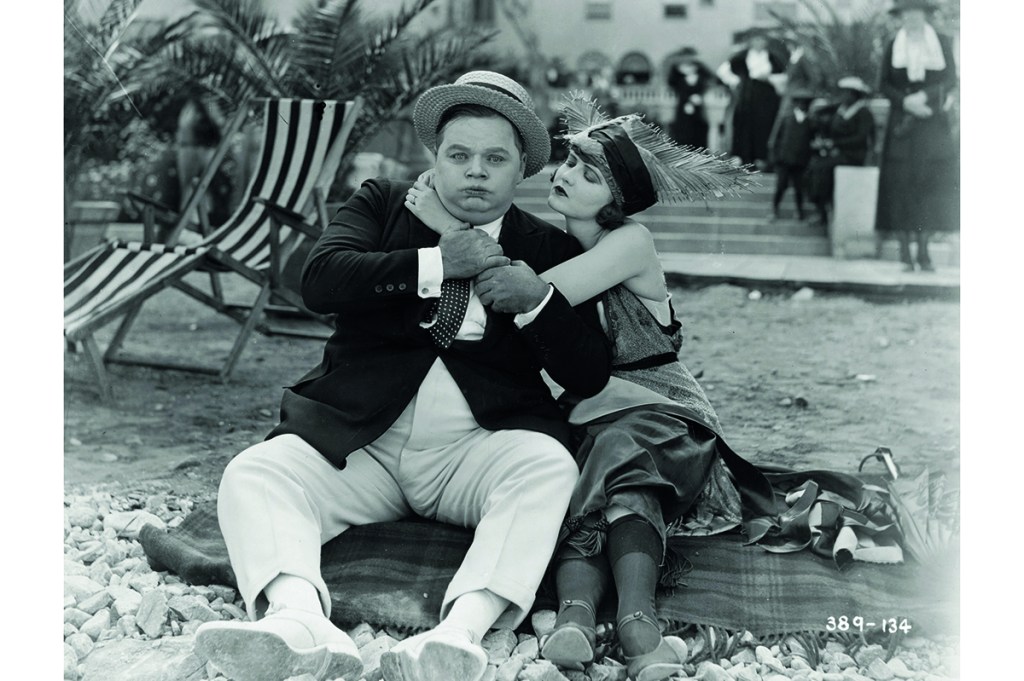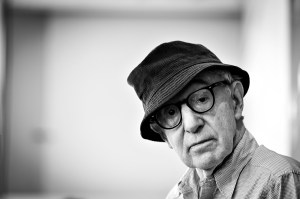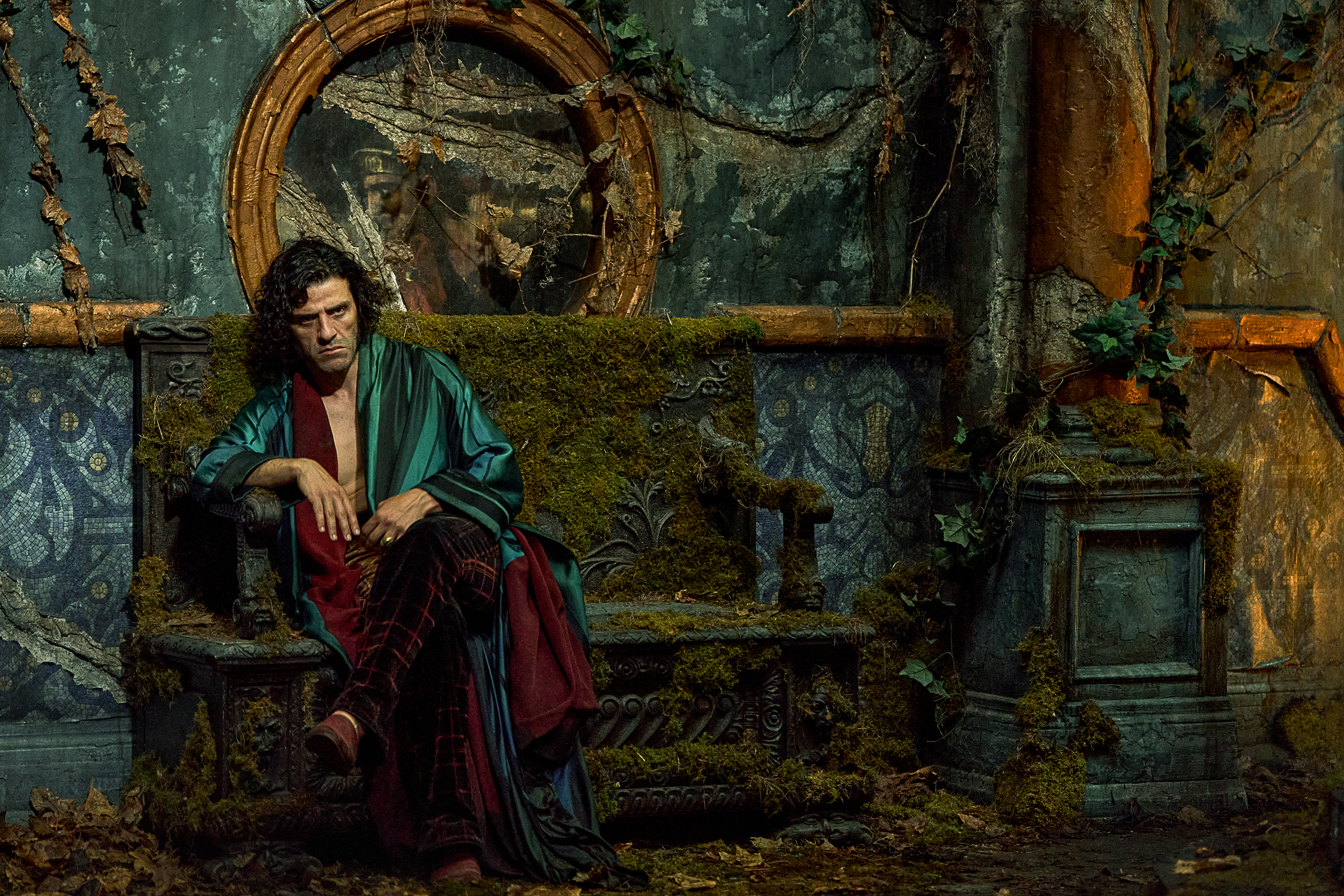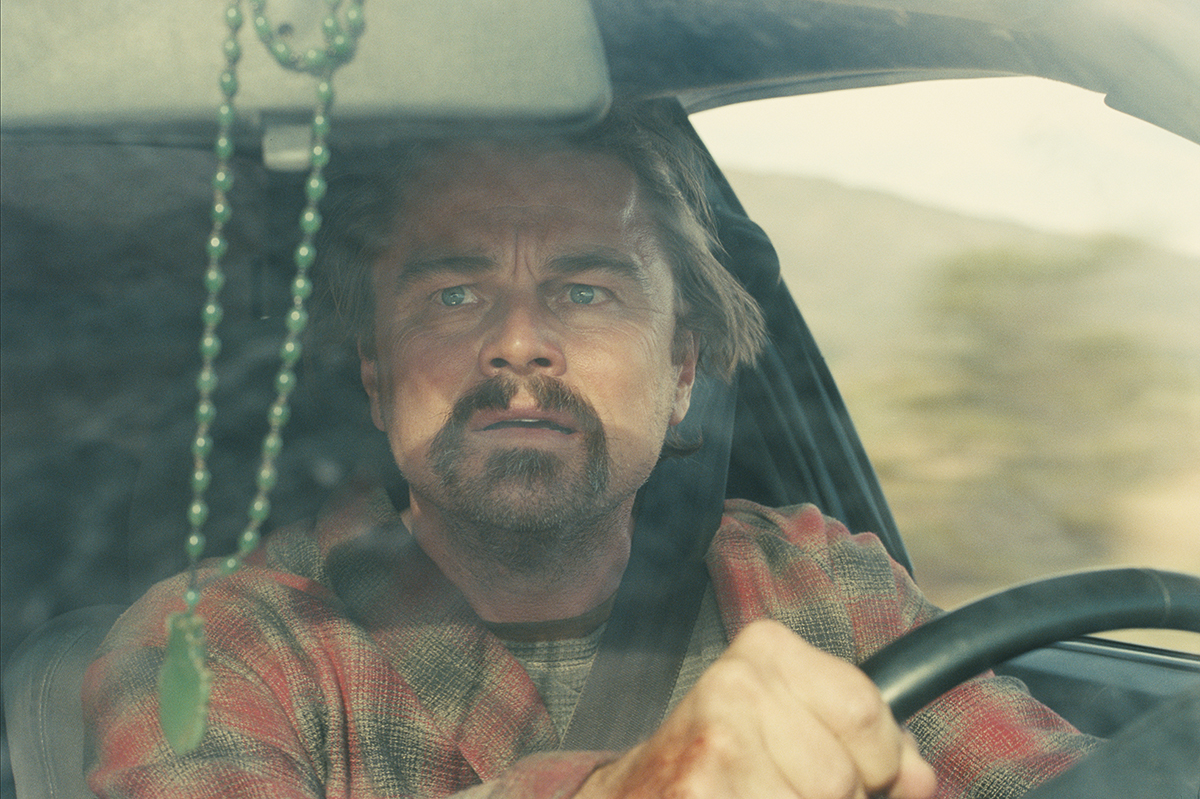Roscoe ‘Fatty’ Arbuckle (1887-1933) never won an Oscar or saw his name emblazoned on the Hollywood Walk of Fame, but he should be remembered as a movie pioneer. Despite his considerable physical size, he was a remarkably versatile and agile actor, and his best films are weirdly droll as much as slapstick funny. He predated both Charlie Chaplin and Buster Keaton as a master of physical comedy played with a straight face.
Arbuckle was also an accidental pioneer of cancel culture. Exactly a hundred years ago, he found himself sitting in a cell on ‘felony row’ at the downtown San Francisco jail, held without bail for the alleged rape and subsequent death of a 26-year-old actress named Virginia Rappe. His new film was pulled from theaters, and the press coverage quickly turned into a self-sustaining serial that combined simulated moral outrage with a morbid discussion of the clinical details, including but not limited to the exact state of the victim’s uterus. ‘It was prurience,’ Arbuckle ruefully noted, ‘masquerading as journalism.’
Arbuckle’s fall began with an incident that might have been a gag in one of his less elevated films. On September 3, 1921 he was in Los Angeles having his new Pierce-Arrow car serviced when he sat down on an acid-soaked rag at the garage. The acid burned through his pants and caused second-degree burns on his buttocks. Despite this, Arbuckle was soon on the road to San Francisco, where he planned to spend the Labor Day weekend with some friends at the ritzy St Francis Hotel.
On the way north, Arbuckle stopped to buy two things: a rubber-padded ring to sit on, and a crate of illicit booze (these were Prohibition days) for everyone to enjoy. By late on the night of Monday, September 5 there were roughly two dozen people circulating between three adjacent suites on the hotel’s 12th floor, among them Rappe, a striking brunette, and her friend Maude Delmont, a sometime dancer and showgirl. Both women were, as the jargon of the day had it, of doubtful reputation.
At some point, Arbuckle and Rappe retired to a bedroom from where, a few minutes later, her screams were heard. Arbuckle always stuck to his story: he’d stepped into the bathroom for a moment and returned to find his partly naked guest in a drunken faint on the floor. He’d rubbed some ice on her midriff to help revive her, and at that delicate moment Maude Delmont had walked in, allegedly to hear her friend mutter:
‘Arbuckle did it.’ A doctor was summoned and concluded that Rappe was simply intoxicated. She remained under observation for a further three days before she was taken to a hospital, where she died, on September 9, 1921, of a ruptured bladder.
The ensuing press coverage was not distinguished by its restraint. Had the corpulent actor forced himself upon his victim, causing her fatal injuries? Or had he penetrated the poor woman with some foreign body, possibly a sliver of ice, or one of the numerous champagne bottles found littering the premises? The police photograph of the scene still looks striking today: a trashed room out of some classic 1970s rock-star debauch. On the other hand, Rappe was known to have suffered from chronic cystitis, a condition that liquor irritated dramatically. Her autopsy showed no sign of sexual assault. There was also the matter of the telegram that Maude Delmont sent to a number of prominent law firms: WE HAVE ROSCOE ARBUCKLE IN A HOLE HERE CHANCE TO MAKE SOME MONEY OUT OF HIM.
Charged with manslaughter, Arbuckle was tried three times. The first two cases ended in hung juries. On April 12, 1922, the third jury acquitted him after deliberating for just five minutes. They attached a written statement to their verdict: ‘This is not enough for Mr. Arbuckle. We feel that a great injustice has been done to him… We wish him success and hope that the American people will take the judgment of 14 men and women that the defendant is entirely innocent and free from all blame.’
These felicitations were handsome on the jury’s part, but they did little for Arbuckle’s professional fortunes. He remained a pariah. Blacklisted by the studios and damned by the press, he changed his name to Will B. Good and worked behind the scenes, in time discovering the young Bob Hope. And Hollywood, in one of its cyclical fits of morality, went on to introduce the Hays Code, to police its stars’ behavior on and off the screen to that exemplary level we so admire today.
Fatty Arbuckle had acting laurels that a John Belushi or Chris Farley would happily have signed on Satan’s dotted line just to try on in the mirror. But it did him no good in the end. On June 29, 1933 Arbuckle finally signed a new contract to star in a Warner Brothers film. He went out to dinner that night to celebrate both his comeback and his wedding anniversary. ‘This is the best day of my life,’ he remarked. A few hours later, he suffered a fatal heart attack in his sleep. He was 46.
This article was originally published in The Spectator’s September 2021 World edition.

























